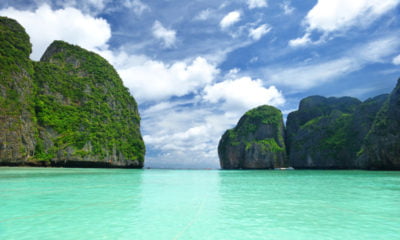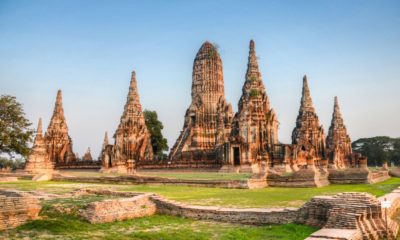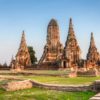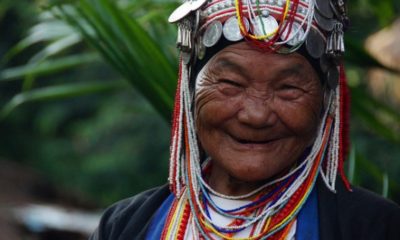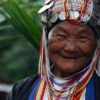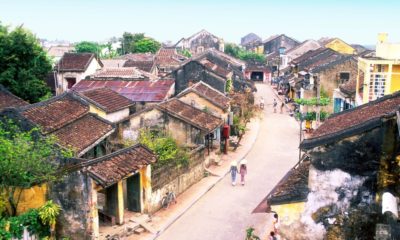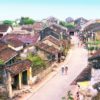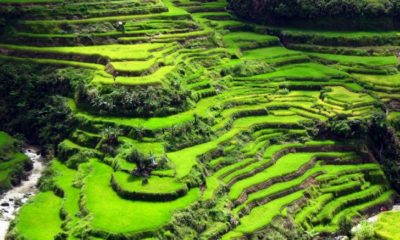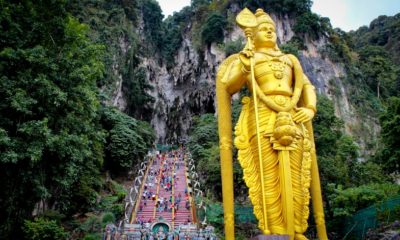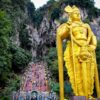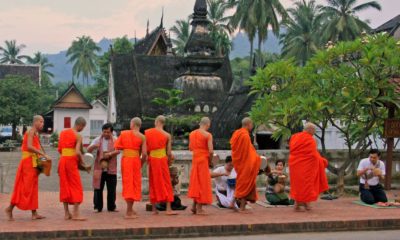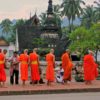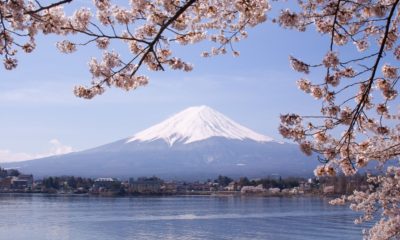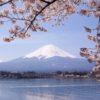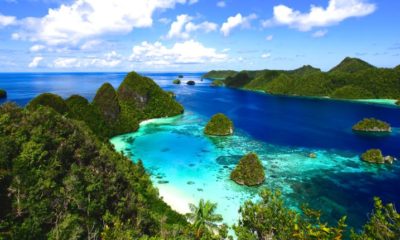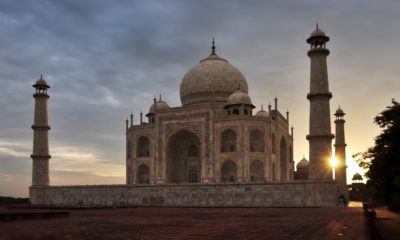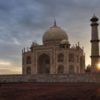Asia
Backpacking South Korea Need To Know
Basics
Language:
Capital:
Currency:
|
Dial Code:
International Access Code:
Emergency Services Number:
Time Difference:
|
Entry
Citizens of most countries (including all EU countries, The US, Canada, Australia and New Zealand) do not need a visa as a tourist for stays of 90 days or less. Canadians can stay for 6 months. You must have an onward or return ticket out of Korea.
Your passport should be valid for a minimum period of 3 months from the date of entry into South Korea.
For official information visit hikorea.go.kr or your home government travel bureau.
Getting Around
More detail is to come in this section, but you can read about general advice regarding Getting Around When You Get There
Accommodation
South Korea has a wide variety of hostels and you should never have any problem finding one.
The average price of a hostel is 20,000-30,000 Won (£12-£18) a night.
All hostels in South Korea will provide linen and bathroom facilities. Usually there will be internet facilities as well as a common area and laundry services.
Read more about Accommodation When You Get There and Living in Hostels
Recommended For Further Information
If it’s your first time to Asia and you are heading to multiple destinations, I highly recommend picking up a copy of Rough Guide’s; First-Time Asia. It provides the most relevant, up-to-date advice on what to see and skip, where to stay, and how to optimise your budget for an extended continental trip…

Food And Health
The standard of food safety and hygiene is good.
Water is generally safe to drink, but may not taste very nice. It is best to stick to bottled water.
Yellow dust pollution is common in South Korea during spring months. When the concentration levels of dust particles are high, residents and visitors are advised to stay indoors as much as possible, close windows and drink plenty of water. This is particularly important for those with respiratory problems.
Medical and dental care in South Korea is usually of a good standard but can be expensive. Make sure you have adequate travel health insurance and accessible funds to cover the cost of any medical treatment abroad and repatriation.
Always contact your GP around 8 weeks before your trip to check whether you need any vaccinations or other preventive measures. Visit here for Recommended Vaccinations and read here for more about Travelling Health In General
Weather & Time To Go
Spring is probably the best time of year to visit South Korea; warm but not hot, with little rain. However yellow dust pollution is common during spring months (see Food & Health above).
The summer is extremely humid and temperatures often reach 35°C. Also typhoon season normally runs from June to November.
Due to Siberian winds from the north, winter can be very cold with lots of snow; although it is a great time of year to visit for skiing and hot-spring hopping.
Communications
Older (non-3G) phones bought outside South Korea will not normally work in the country, and fitting foreign phones with local SIMs is not usually possible.
Internet and wifi is very fast, widespread and accessible in most hostels and hotels. International calling cards are also cheaply available.
Dangers And Considerations
The level of crime is very low, but pick pocketing and other street crimes can occur.
Females should take care when travelling alone at night in Seoul and only use legitimate taxis or public transport.
The South Korean authorities normally hold nationwide civil emergency exercises on the 15th day of the month, eight times a year. Sirens are sounded, transport stopped and some people are asked to take shelter in metro stations or basements.
A serious violation of local laws may lead to a jail or death sentence. Penalties for possession, use and trafficking of illegal drugs can result in long jail sentences and heavy fines. This applies even to personal use of small amounts of marijuana.
Carry some form of identification at all times and make sure your next-of-kin details have been entered into the back of your passport.
It is advisable you check the political situation with North Korea before travelling, as it can change without warning. Always check with your foreign office (British Foreign Office webpage) or travel advice bureau for the latest information regarding your destinations safety.
Read more about Safety And Security here
Respecting Culture
South Koreans are very nationalistic, so avoid political discussions, especially praising North Korea.
Bowing is an integral part of Korean society, but for foreigners a “token bow” is fine and many locals will happily offer a handshake instead.
When handing over or receiving something, it is considered polite to do so with both hands.
Take off your shoes before entering homes and hostels and avoid pointing your soles at anybody.
Gift-giving is very common in Korea. As a foreign guest you may receive gifts, but aren’t obliged to give gifts, although it may be a nice gesture.
Tipping is not necessary, and can be considered offensive.
When drinking alcohol in a group, it is considered polite not to fill your own glass, but to allow someone else to do it for you.
Recycling is taken very seriously, so ensure you put rubbish into the correct bins.



